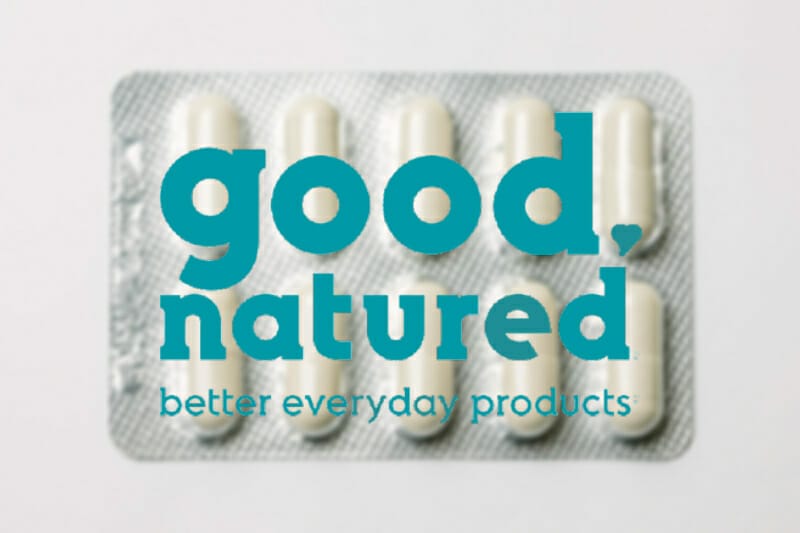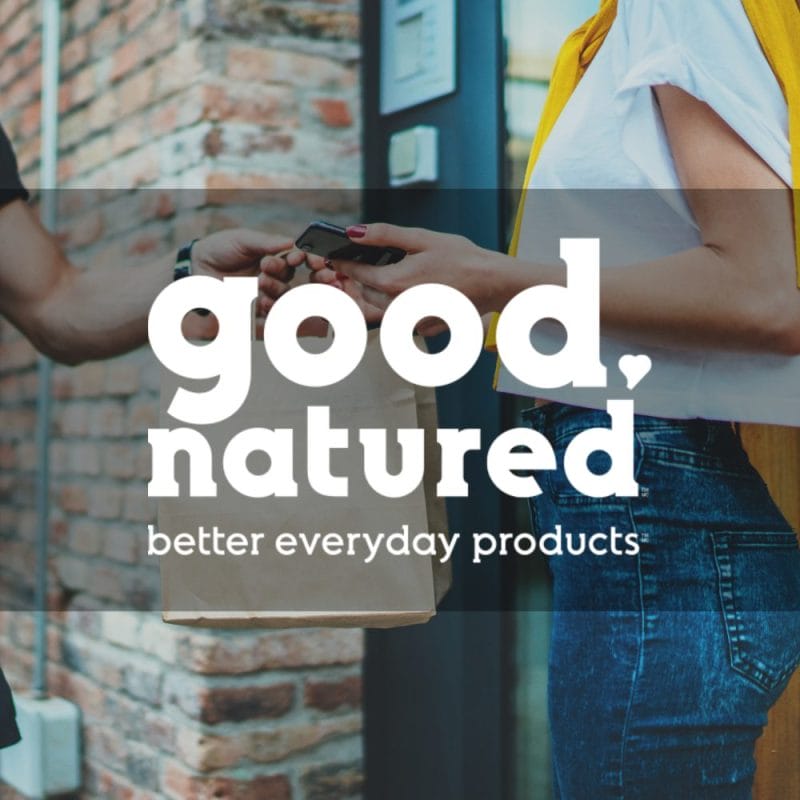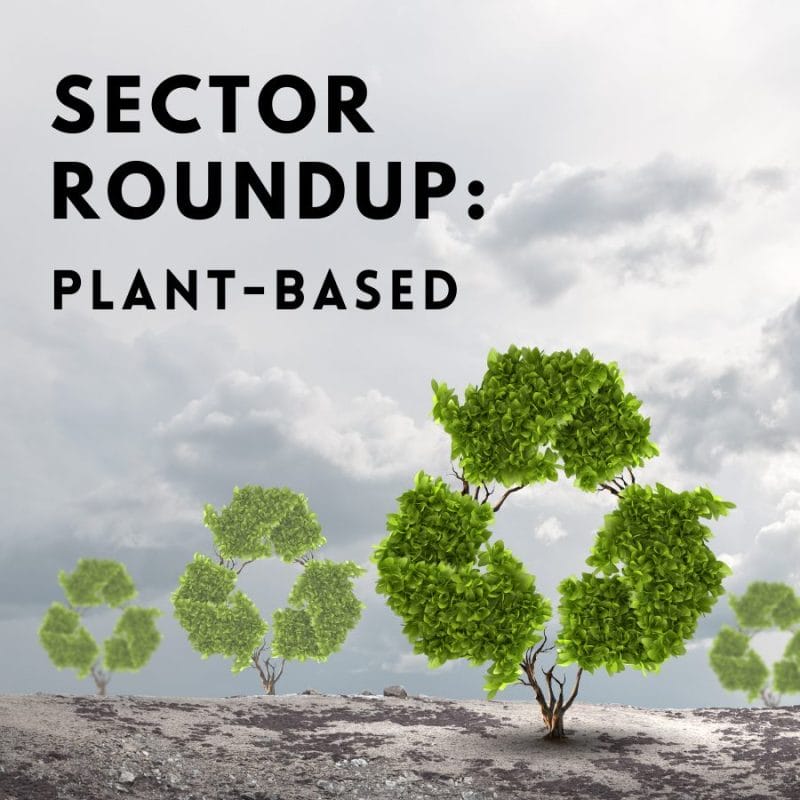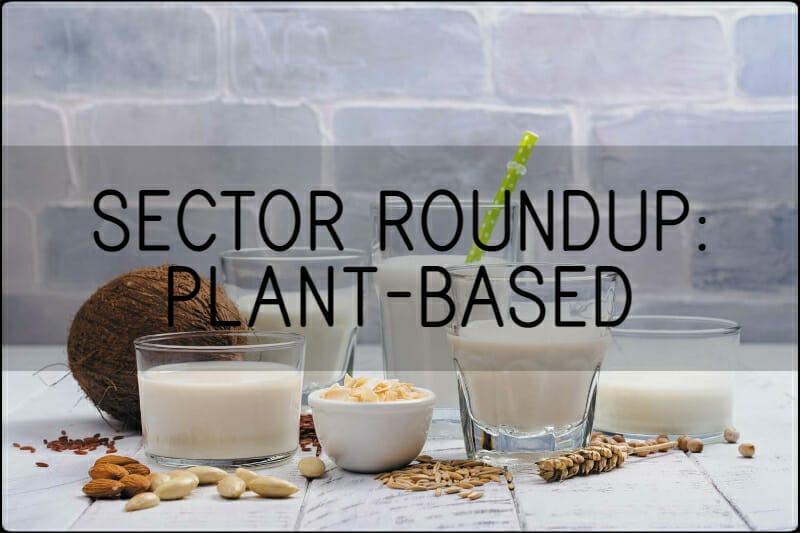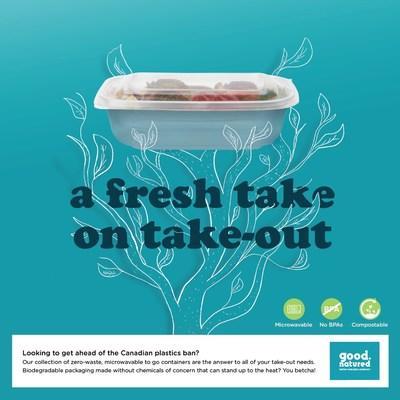good natured® Products (GDNP.V) announced today that it has partnered with Jones Healthcare Group, a market leader in advanced packaging and medication dispensing solutions.
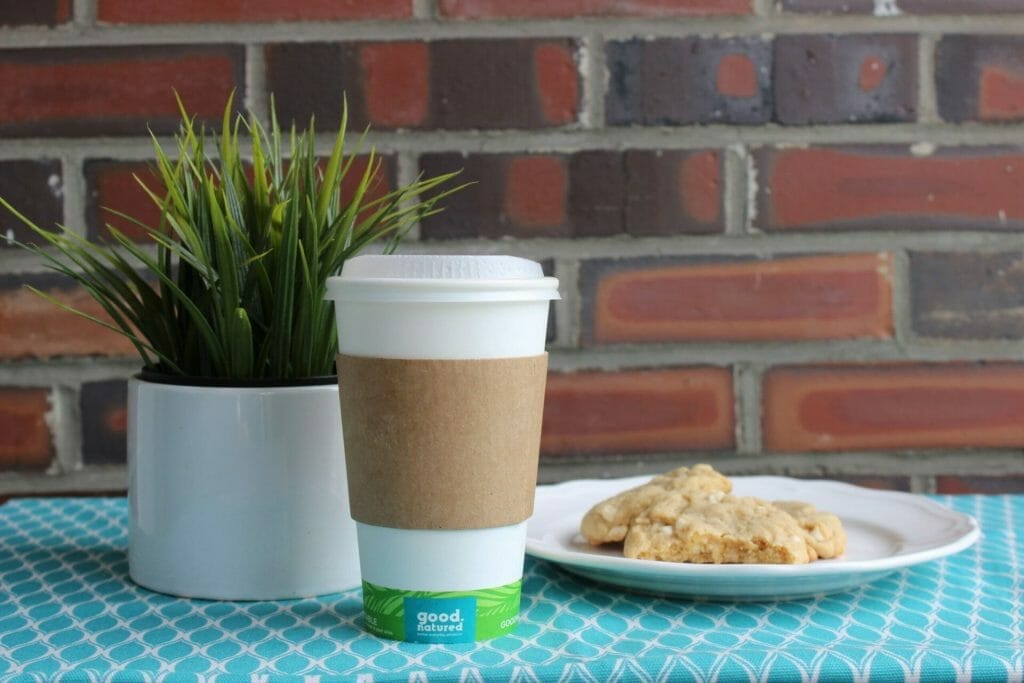
Unraveling good natured® Products
good natured® is an earth-friendly product company committed to offering a wide range of eco-friendly products made from plant-based material as opposed to petroleum. Furthermore, good natured® purposefully eliminates BPAs, phthalates, and other chemicals of concern from its products. With this in mind, through wholesale and retail channels, including the Company’s own eCommerce stores, good natured® has over 400 products and services available in the sustainable consumer goods market. Some of the Company’s products include home organizational products, compostable food containers, bioplastic industrial supplies, and now medical packaging.
“We offer choices for our customers when they choose plant-based packaging, depending on whether a compostable or recyclable design best suits the life cycle of their products. We’re focused on helping many industries embrace sustainable, plant-based packaging innovations that meet their business and sustainability objectives. We do this by reimagining materials, design, supply chain, and availability of plant-based packaging that safeguards personal health and the health of our environment,” said good natured® CEO, Paul Antoniadis.
In case you’re here for the dollar signs, you can rest assured that good natured® has its foot in a highly lucrative market. According to Nielsen, it is estimated that the fast-moving consumer goods market (FMCG) will reach a valuation of USD$150 billion by 2021 at four times the compound annual growth rate (CAGR) of the overall industry. If you ask me, making money while supporting the environment sounds like a pretty sweet gig to me. good natured® aside, there is a growing demand for plant-based and sustainable products. In fact, 48% of US consumers said they would definitely or more than likely change their consumptions habits to reduce their impact on the environment. In 2018, consumers spent $128.5 billion on FMCG products, growing sustainable products sales by an impressive 20% since 2014.
With Canada’s single-use plastic ban underway, I had hoped to see a variety of plant-based products finding their place in the FMCG market. In terms of fast-food, A&W was the first restaurant chain in North America to ban plastic straws in favor of 100% compostable and marine-biodegradable paper straws. I can think of a few fast-food chains that could learn a thing or two from A&W. I am looking at you McDonald’s. Wait, didn’t McDonald’s ban plastic straws in favor of paper straws too? Yes, however, while their original plastic straws were recyclable, their paper straws were ironically too thick to recycle. What a blunder. Similarly, dining establishments have been severely lacking in the plant-based packaging department. While some restaurants have turned to paper-based takeout containers, many still rely on single-use plastic containers. Unfortunately, things aren’t any better in the pharmaceuticals industry, where blister packaging has become a serious concern.
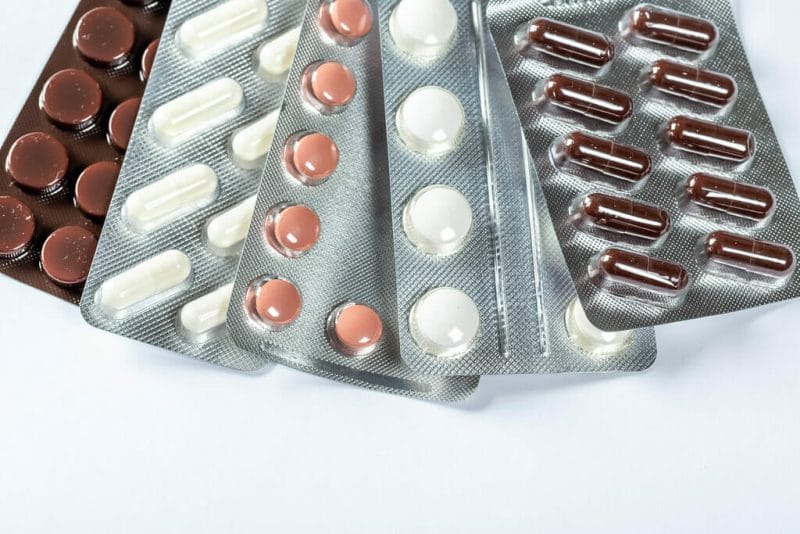
Blister Packaging
Blister packaging refers to various pre-formed packaging used for small consumer goods, foods, and pharmaceuticals. With regards to pharmaceuticals, blister packs are commonly used as unit-dose packaging for tablets, capsules, and lozenges. Off the top of my head, the easiest example of a blister pack I can think of would be a pack of Excel gum. Even as I am sitting writing this article, there is a blister pack of Claritin® on my desk. Aside from being a pain in the ass to open, blister packs account for a sizeable portion of the FMCG market. In Europe alone, 85% of solid drugs are packaged in blisters. Furthermore, the global blister packaging market was estimated at USD$17.76 billion in 2018 and is expected to reach USD$24.25 billion in 2024, expanding at a CAGR of 6.3%. However, blisters are often manufactured using single-use plastics. To make matters worse, blister packaging combining aluminum and plastics cannot be readily recycled or burned, compared to other plastics.
Jones Healthcare Group + good natured®
Jones is a world-class provider of progressive packaging and medication dispensing solutions. The company offers pressure-sensitive labels and smart packaging, blistering, bottling, and pouching, to name just a few services. With this in mind, having now partnered with good natured®, Jones’ blister packaging products will now be made with good natured® Bio-PET, a food-safe, curbside recyclable bioplastic. In doing so, this will enable Jones to optimize its package design, remove chemicals of concern, and ensure its packaging is readily recyclable in most households across North America.
“Together with good natured®, we are transforming medication adherence packaging into a more sustainable offering with Bio-PET…Jones embraces our responsibility for the impact on the environment, communities, and consumers – and we’re committed to continuous improvement in sustainable packaging and development while creating value for all of our stakeholders,” said Trevor Noye, Senior VP of Medication Adherence.
It is worth noting that there is undoubtedly a market for brands offering sustainable packaging alternatives. According to the 2021 Global Buying Green Report, 67% of consumers stated that they wanted the products they purchased to be sustainably packaged in recycled materials. Additionally, the study found that 54% of respondents actively considered packaging when choosing a product. Of this demographic of sustainably conscious consumers, younger consumers under the age of 44 were the most proactive. With this in mind, as single-use plastics and non-biodegradable plastics are slowly phased out of both large and small businesses alike, companies like good natured® are worth keeping an eye on moving forward. With a foot now in the pharmaceuticals market, I am curious to see which sectors good natured® will branch out into next.
“We always have our eyes out for other industries that are in need of sustainable packaging solutions…We are on a mission to detoxify the kitchen, specifically looking at FMCG products that often come with a high degree of plastic packaging”, said Sabrina Banadyga, good natured Products’ Director of Growth and Brand Strategy.
With this in mind, in an exchange between Equity Guru and Sabrina Banadyga, good natured Products’ Director of Growth and Brand Strategy, Sabrina expressed that the Company will continue to explore additional fields where there is a need for sustainable packaging.
Furthermore, when asked if the Company would consider the compostable coffee pods market, Sabrina reaffirmed that good natured is targeting FMCG products packaged using troublesome plastics. This could very well include coffee pods, however, the Company has not made any explicit claims that it will be pursuing the coffee pod market at this time. It is worth noting that this market is expected to grow from $11.19 billion in 2020 to $13.22 billion in 2021, growing at a CAGR of 18.1%. By 2025, this market is estimated to reach an impressive valuation of $19.14 billion.
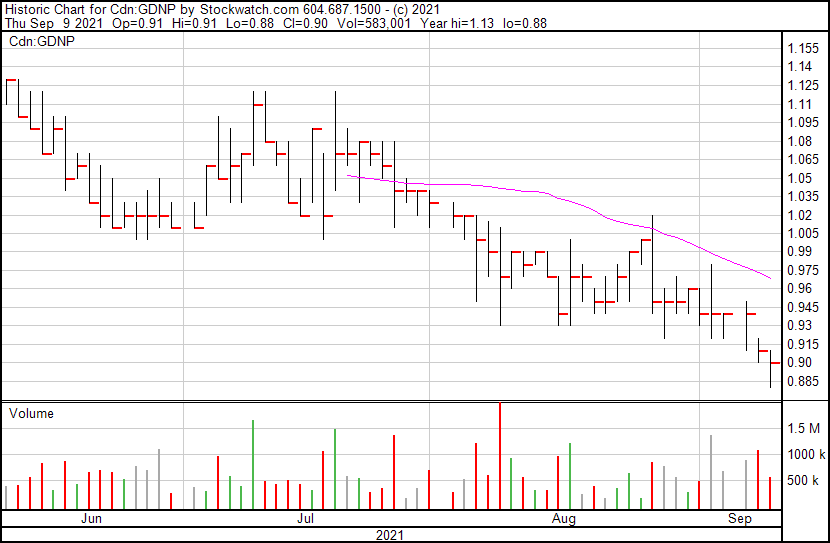
good natured Products’ share price opened at $0.81, down from a previous close of $0.82. The Company’s shares are down -1.22% and are currently trading at $0.81.

